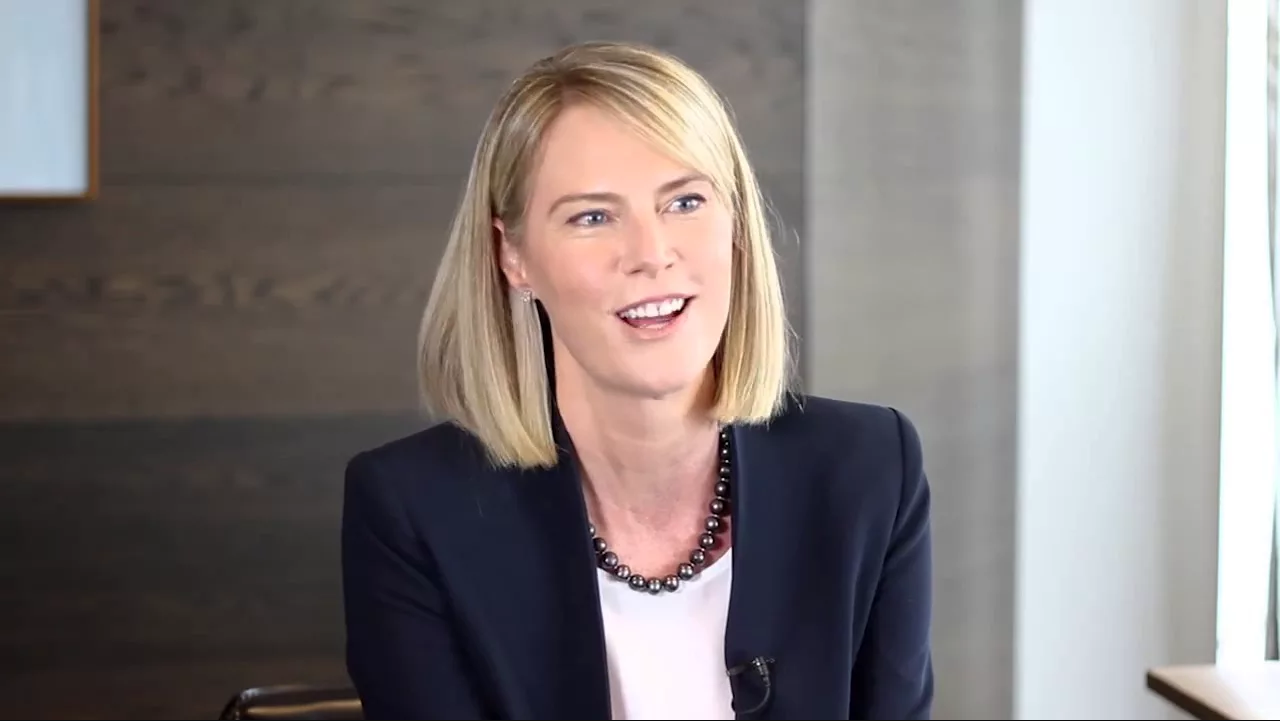06 Jun 2022
Never too late to find your passion
I remember being fresh out of university. No more lectures, no more study, no more exams ….
I had already started in my first graduate job and was feeling both excited about the future and apprehensive and uncertain about the direction I wanted my career to take.
" My passion isn’t beauty care or technology or government services. It’s leading a team to innovate. That’s not a profession. Rather, it’s a collection of problems I love to solve.”
I had landed a job with an amazing, fast-moving consumer goods company in their graduate program. But I was also trying to reconcile it with the number one piece of advice I had received about building a career: do what you’re passionate about.
I felt I had a dirty little secret. I wasn’t really passionate about any particular career path.
I was really excited about my job – even after finding out my first assignment was working on their feminine hygiene portfolio. At 22 I wasn’t really locked and loaded on fast-moving consumer goods – let alone feminine care – as my life’s passion!
And the reason it felt like a secret was because no one else seemed to harbour such doubts. My peers all seemed to be very excited about becoming lawyers or nurses or accountants. And the companies and mentors I spoke to all seemed to assume you were passionate about joining their company or getting networked into a particular industry.
Now what I wished people had told me back then was what I was feeling was normal and the vast majority of my peers were faking it. In fact, data suggest people don’t really land on the career path they love until they are in their early 30s.
So, how do you build a successful career when you don’t know which path you want to take? When you haven’t found your passion?
Three-step plan
I would suggest three things.
Firstly, focus on the problems you enjoy solving. Many people define their passion through the lens of a profession, for example being an actor or a designer or a doctor. A different way to understand what you love doing is to understand what problems you love solving. For example, inventing a new idea or figuring out how to calm someone in distress or brilliantly executing a complex plan. These are all very different problems to solve.
I’ve worked across consumer goods, technology, government and financial services. There is little in common about these industries – if you look at them through the lens of a profession. But in each of these industries I was able to work on problems that I love to solve.
My passion isn’t beauty care or technology or government services. It’s leading a team to innovate. That’s not a profession. Rather, it’s a collection of problems I love to solve.
I would also choose quality of employer over money. I completely understand the temptation of making more money. But the compound benefit of working for and being trained by the best companies in the world will pay off in multiples over your career.
This is particularly important if you are still trying to figure out what your career will be. Because you will likely switch companies and industries multiple times – and having world-class companies on your resume will make this easier.
The companies that pay above the industry average often do so because they have little else to offer. Great training and a world-class resume are worth a lot more to you than a few extra thousand dollars.
My last piece of advice is to invest in networks. Most of the time when people talk about investing in networks they mean people outside their employer. I agree this is important but early in your career it is more important to invest in relationships inside your company.
Personal connection
While working from home is really tempting, spend as much time in person at your company with the colleagues you can learn from as you can.
You will learn as much from watching how they operate and solve problems at the edge of formal meetings as from the meetings themselves. And they will be much more willing to invest in your career, including helping you figure out what you want to do, if they have a personal rather than a virtual relationship with you.
If nothing else, I hope these thoughts make the path a little less daunting for those of you who are more ambivalent than clear-eyed and passionate about your career. Not knowing what you want to do is normal.
Now you are absolutely still going to have to make every company and every manager you work for believe you are deeply passionate about whatever they are responsible for – as indeed you should be in terms of the effort and diligence you apply.
You may not genuinely have that passion but this effort, this experience, this diligence, will help crystalise where your true passion lies.
I didn’t really start to understand what my passion was until I was about 40 years old yet my feeling is the average age of people figuring this out is somewhere in the early 30s. So if a late developer like me who maybe faked their way through being passionate about feminine care can piece together a great career, trust me – so can you!
And I did find my passion.
Maile Carnegie is Group Executive Australia Retail at ANZ.
The views and opinions expressed in this communication are those of the author and may not necessarily state or reflect those of ANZ.
editor's picks
01 Mar 2022
